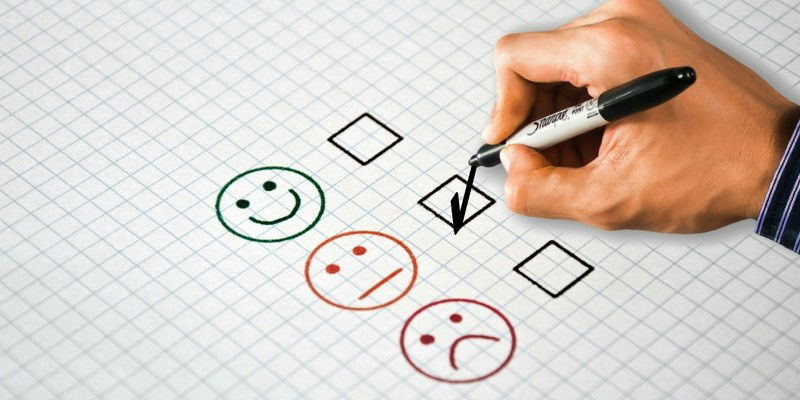Self-awareness is a crucial component of psychology that focuses on the introspection and awareness of one’s thoughts, feelings, and behaviors. By understanding oneself, individuals can better navigate their emotions and behaviors, leading to improved mental health and well-being. Self-awareness theory and skills are essential tools in psychology that can help individuals develop insight into their thoughts and behaviors, ultimately leading to personal growth and development.
Self-awareness theory posits that individuals have the ability to reflect on their thoughts, emotions, and behaviors, leading to a better understanding of themselves and others. By being aware of their inner world, individuals can make informed decisions and choices that align with their values and goals. This introspective process can also lead to improved self-regulation and emotional intelligence, which are essential skills in navigating interpersonal relationships and social situations.
Developing self-awareness skills involves practicing mindfulness and reflection on a consistent basis. This can include activities such as journaling, meditation, and therapy, all of which can help individuals become more attuned to their inner world and develop a deeper understanding of themselves. By paying attention to their thoughts, emotions, and behaviors, individuals can identify patterns and triggers that may be hindering their personal growth and well-being.
One of the key benefits of using self-awareness theory and skills in psychology is the ability to improve self-esteem and self-confidence. By becoming more aware of one’s strengths and weaknesses, individuals can develop a more positive self-concept and take steps towards self-improvement. This can lead to increased resilience and coping skills, which are essential in navigating life’s challenges and setbacks.
Additionally, self-awareness can also lead to improved communication and interpersonal skills. By understanding their own emotions and behaviors, individuals can better empathize with others and communicate effectively in social situations. This can lead to healthier relationships and a greater sense of connection and belonging.
In conclusion, using self-awareness theory and skills in psychology is essential for personal growth and development. By practicing introspection and mindfulness, individuals can gain insight into their thoughts, emotions, and behaviors, ultimately leading to improved mental health and well-being. Developing self-awareness can also lead to improved self-esteem, resilience, and communication skills, all of which are essential in navigating the complexities of life. By incorporating self-awareness theory and skills into their daily lives, individuals can cultivate a deeper understanding of themselves and others, leading to a more fulfilling and meaningful existence.



